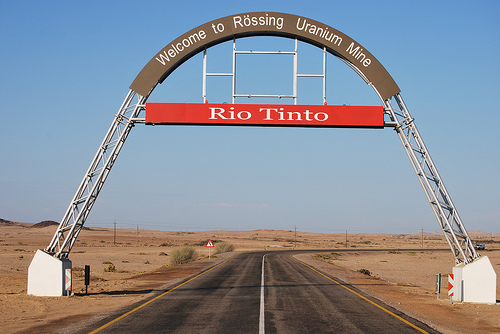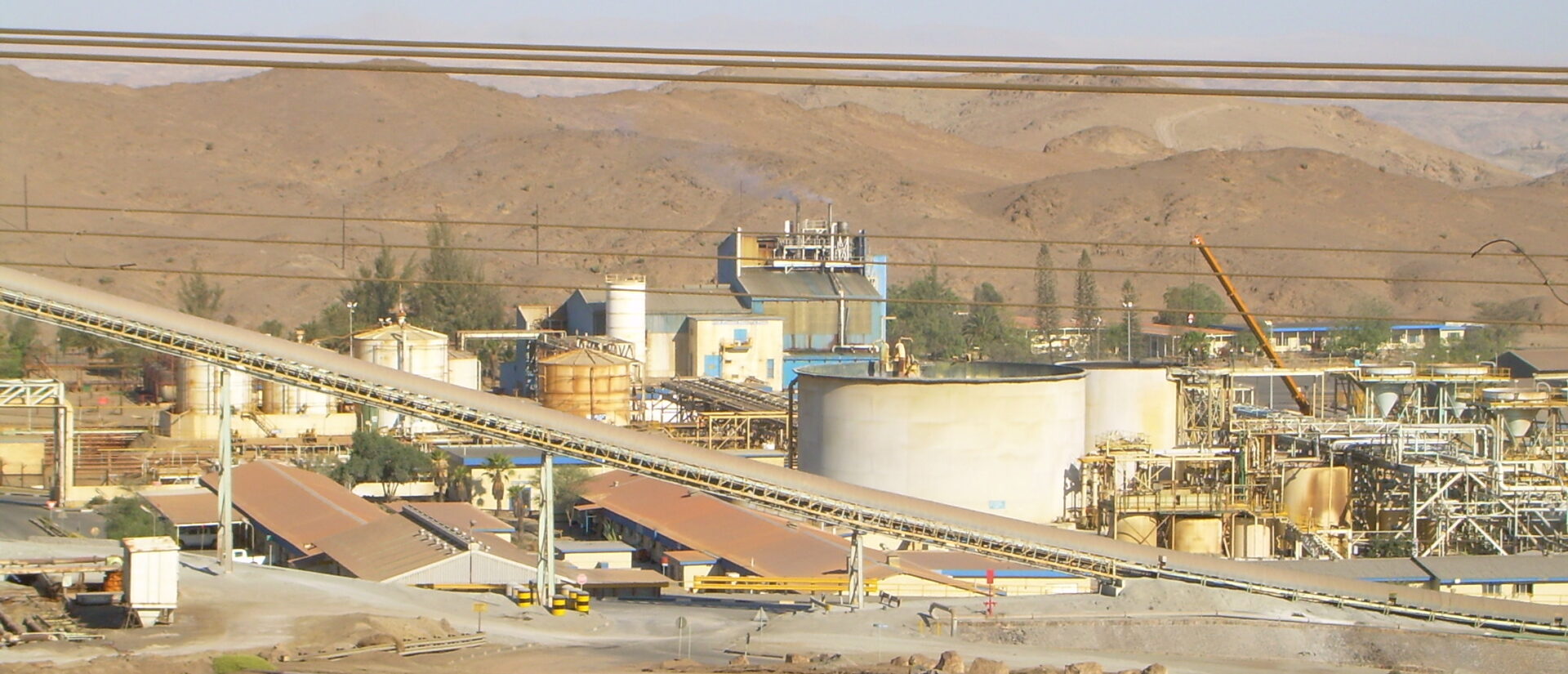
New EU law could lead to more responsible mineral sourcing
SOMO has joined a coalition of 59 NGOs calling on the European Commission to pass a strong law to prevent European businesses fuelling conflict and human rights abuses through their purchases of natural resources.
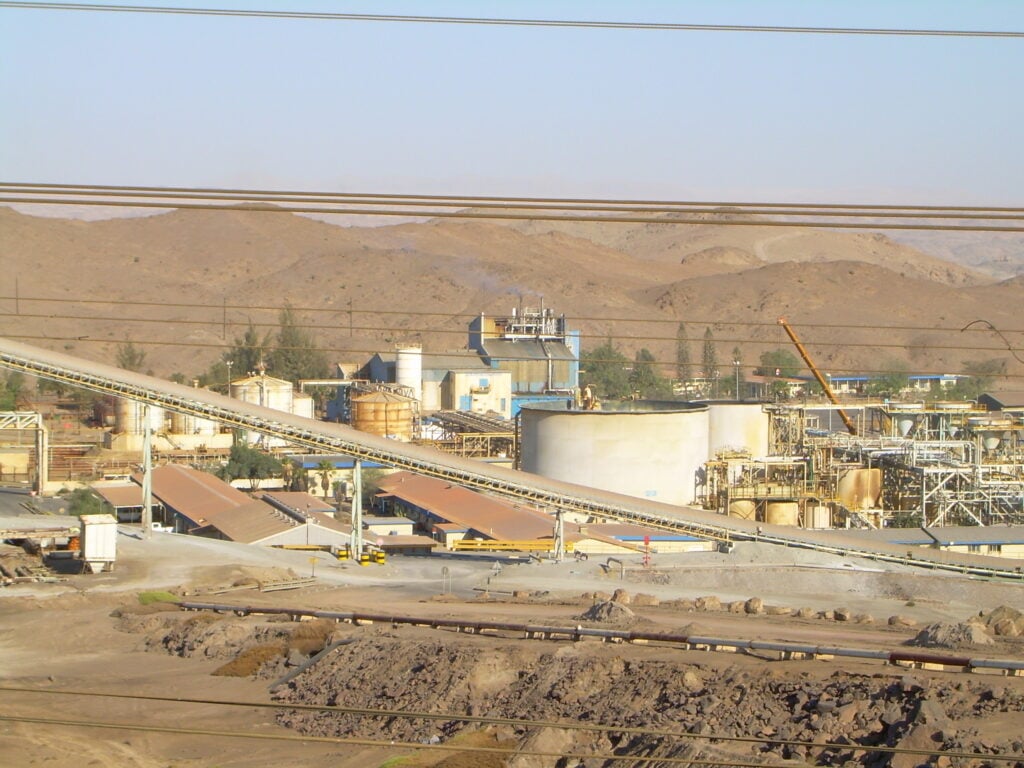
The call comes ahead of draft legislation due to be published by the Commission by the end of 2013.
Breaking the Links Between Natural Resources and Conflict: The Case for EU Regulation, published today, sets out the key elements that must be included in EU legislation to compel European businesses to carry out thorough supply chain checks, known as due diligence. The checks allow companies to make sure they are not using or trading natural resources that are funding violence.
For decades the trade in minerals, precious stones and other commodities has played a central role in funding and fueling some of the world’s most brutal conflicts. It is still a daily reality for people in resource-rich countries around the globe like Democratic Republic of Congo, Colombia, Burma, Zimbabwe and the Central African Republic that violence is a major obstacle to development.
As the world’s largest trading bloc, and home to many leading global companies trading and manufacturing natural resources, the EU’s leverage over global supply chains is hugely significant. This is an unmissable opportunity for the EU to bring in strong and effective legislation. If they fail to do so then business will continue as usual and most companies will not check whether their purchases have funded conflict.
The NGO coalition is calling for the EU to build on momentum generated by initiatives like the US Dodd Frank Act’s conflict minerals provision, and require EU-based companies to carry out supply chain checks that meet international due diligence standards developed by the Organisation for Economic Cooperation and Development (OECD). EU Member States have already endorsed the OECD Guidance and the framework forms the basis for several industry responsible sourcing initiatives globally.
The coalition recommends that the draft EU legislation:
- Applies to all natural resources originating in any conflict-affected and high-risk area;
- Is based on relevant international instruments, including the International Bill of Human Rights, the UN Guiding Principles on Business and Human Rights and the OECD Due Diligence Guidance for Conflict-Affected and High-Risk Areas;
- Takes a risk-based approach that considers impacts on individuals and communities;
- Complements existing EU initiatives and legislation to promote transparency and sustainable development and forms part of a comprehensive approach to prevent environmental destruction,
- Reinforces governance and encourage security sector and mining reform in natural resource-rich developing countries.
Do you need more information?
-

Sanne van der Wal
Senior Researcher
Partners
Related content
-
Conflict Diamonds: Crossing European borders? Published on:
 Myriam Vander StichelePosted in category:Publication
Myriam Vander StichelePosted in category:Publication Myriam Vander Stichele
Myriam Vander Stichele -
 EC’s Conflict minerals proposal must not be limited to four mineralsPosted in category:NewsPublished on:
EC’s Conflict minerals proposal must not be limited to four mineralsPosted in category:NewsPublished on: -
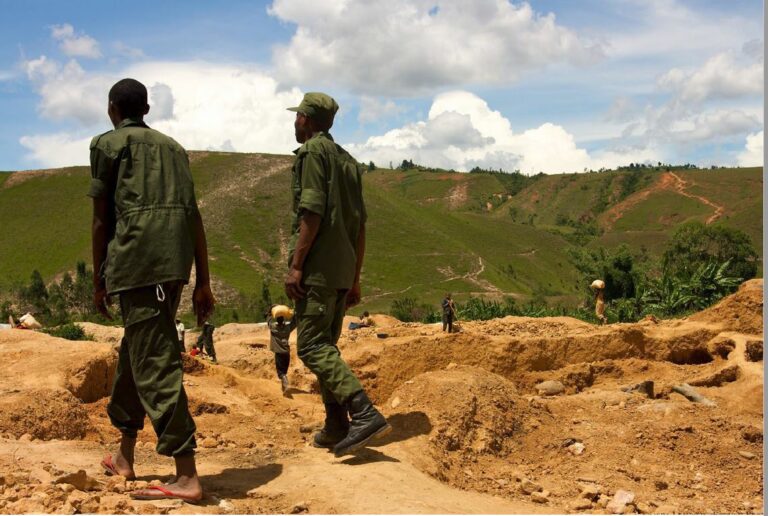 EU political agreement on conflict minerals risks allowing a deadly trade to continuePosted in category:NewsPublished on:
EU political agreement on conflict minerals risks allowing a deadly trade to continuePosted in category:NewsPublished on: -
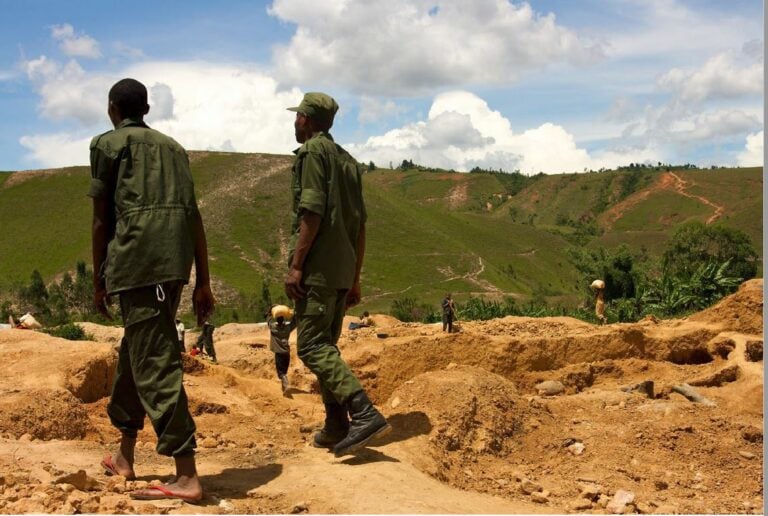
-
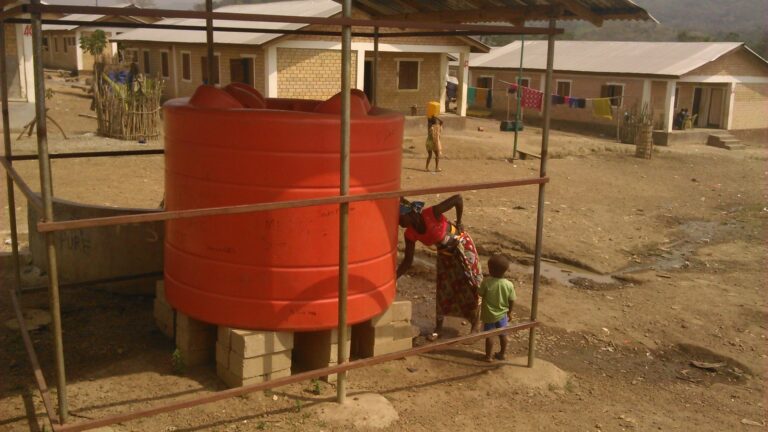 Bankruptcy of controversial mining company leaves communities in Sierra Leone at riskPosted in category:NewsPublished on:
Bankruptcy of controversial mining company leaves communities in Sierra Leone at riskPosted in category:NewsPublished on: -
